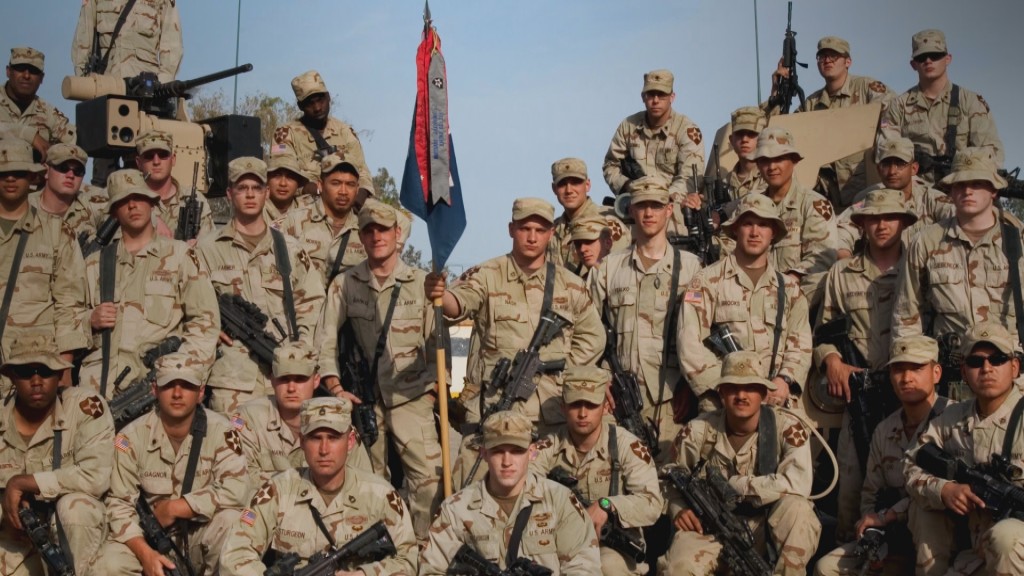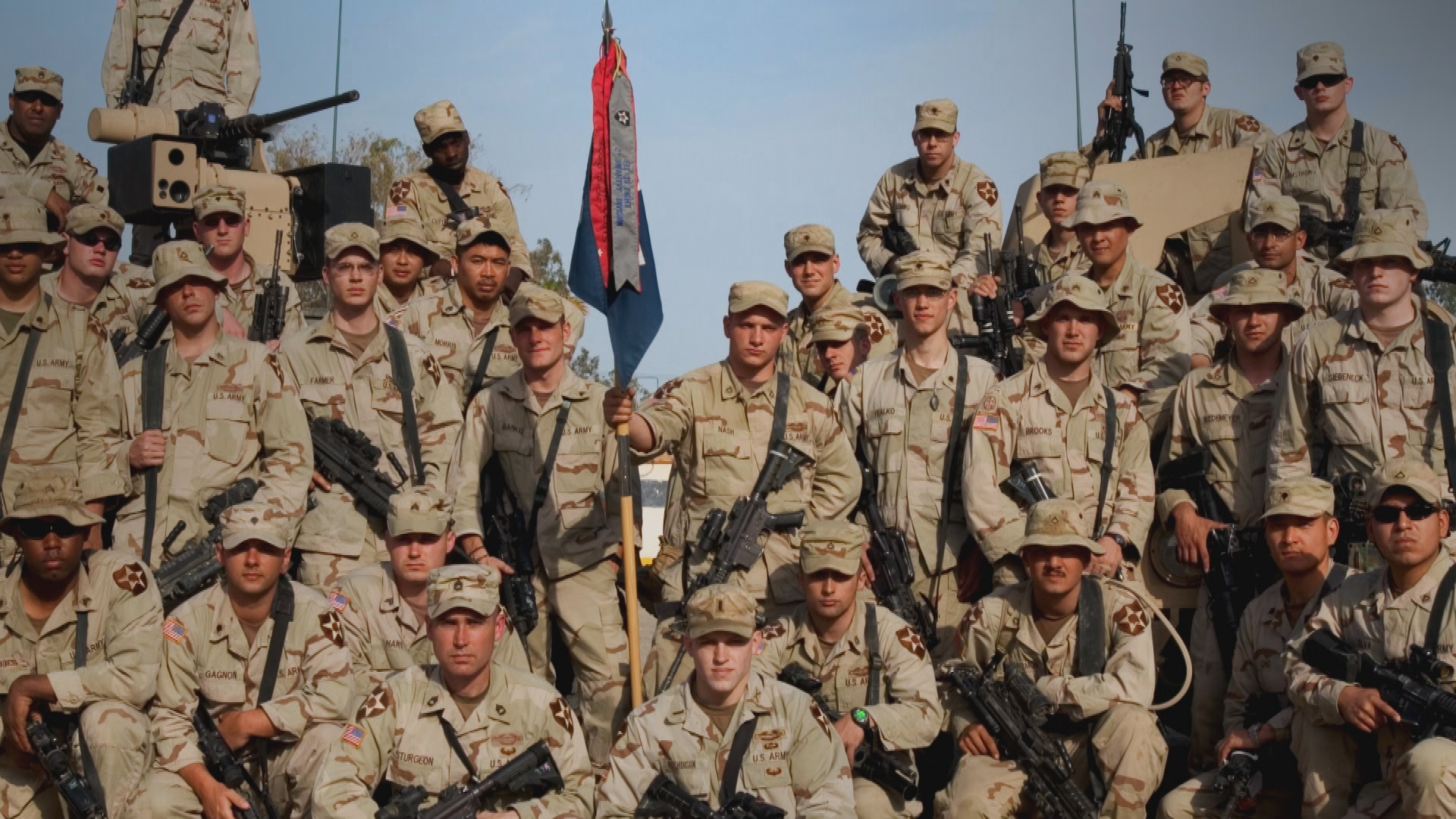Report: Military Still “Losing the Battle” Against Soldier Suicide

November 4, 2011
Share
A service member committed suicide every 36 hours between 2005 and 2010, says a new report by the Center for a New American Security, a national security think tank.
According to “Losing the Battle: The Challenge Of Military Suicide,” [PDF] 43 percent of military members who killed themselves in 2010 did not seek any help in the months before they died. CNAS suggests the military’s persisting cultural stigma attached to mental health care is behind the soldiers’ reluctance to admit they need care.
One key form that’s supposed to identify possible problems after combat — the post-deployment health assessment, or PDHS — is often filled out hastily by service members, who are told: “If you answer yes to any of those questions, you are not going home tomorrow.”
CNAS recommends that the military’s higher-ranking members convey the importance of answering the PDHA truthfully. And while the think tank is pushing for the destigmatization of mental health issues, it recognizes that this “is unlikely to change quickly” due to a lack of leadership and the persistent view that post-traumatic stress disorder [PTSD] or traumatic brain injury [TBI] aren’t “real” injuries.
The Marine Corps has stipulated that Marines stick with their unit for 90 days following deployment, and CNAS recommends a similar mandate for the Army as well. They argue that this sense of camaraderie from shared experiences even after soldiers return home can be an important way to avoid a “thwarted sense of belonging” when soldiers suddenly “no longer have the daily support of their units and feel separate and different from civilians.”
The issues raised in the CNAS report are reminiscent of what happened to Marine reservist Jeff Lucey, whose story can be viewed in the above clip, from The Soldier’s Heart. Lucey committed suicide in 2004, about a year after he returned home from Iraq.
Lucey struggled asking for help, according to his girlfriend Julie Proulx. “Jeff was very reluctant to do counseling, to do anything,” she told FRONTLINE. “He didn’t want to show any weakness. He didn’t want the Marines to think he was weak.”
He was also quickly separated from other soldiers in his unit once he returned to the states. As a Marine reservist on leave, he only saw other men from his unit once a month.
Lucey didn’t give any indication that he was having mental health concerns on his PDHA. Cpl. Dan Gay, a friend and fellow Marine, told FRONTLINE he wasn’t not surprised by Lucey’s insistence that he felt fine and didn’t need help.
“We had questionnaires, you know, the standard, ‘If you have any problems, write them down now and we’ll keep you here and we’ll study them until we figure whether you’re better or not,'” Gay said. “You just want to go home. Nobody wants to sit there and say, ‘Yeah, I don’t sleep so good anymore.'”
The CNAS report raises other problems, including a lack of ways to transfer information about a soldier’s mental health when he or she is reassigned to a different unit and the widespread use of prescription drugs in the military. The Iraq war marks the first time soldiers in combat zones were prescribed prescription medications, including antidepressants and sleeping pills; approximately 14 percent of Army members are currently prescribed opiates. Because the military does not require soldiers to return unused medication, CNAS believes there to be significant excess prescription medication floating around the ranks. The report notes that 29 percent of Army suicides between 2005 and 2010 involved drugs or alcohol.
“America is losing its battle against suicide by veterans and service members,” the report bleakly concludes, seven years after Lucey’s death. In July 2011 alone, the military recorded a record 33 suicides by active and reserve service members.
“And, as more troops return from deployment, the risk will only grow.”
Related Documentaries
Latest Documentaries
Related Stories
Related Stories
Explore
Policies
Teacher Center
Funding for FRONTLINE is provided through the support of PBS viewers and by the Corporation for Public Broadcasting, with major support from Ford Foundation. Additional funding is provided the Abrams Foundation, Park Foundation, John D. and Catherine T. MacArthur Foundation, Heising-Simons Foundation, and the FRONTLINE Trust, with major support from Jon and Jo Ann Hagler on behalf of the Jon L. Hagler Foundation, and additional support from Koo and Patricia Yuen. FRONTLINE is a registered trademark of WGBH Educational Foundation. Web Site Copyright ©1995-2025 WGBH Educational Foundation. PBS is a 501(c)(3) not-for-profit organization.





















